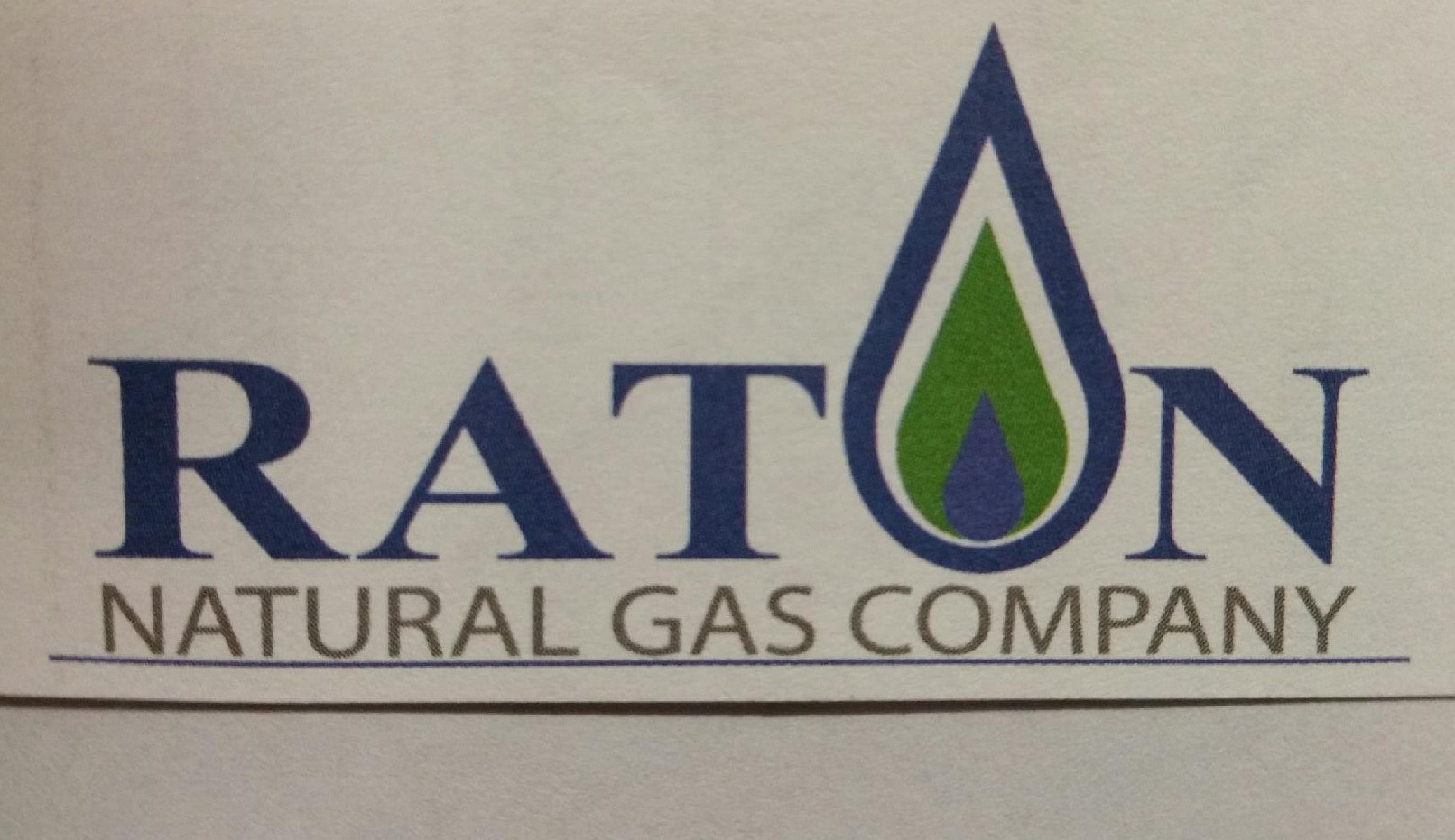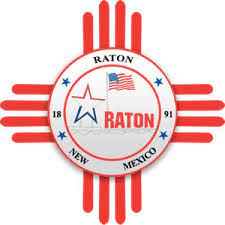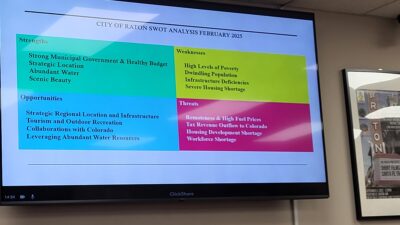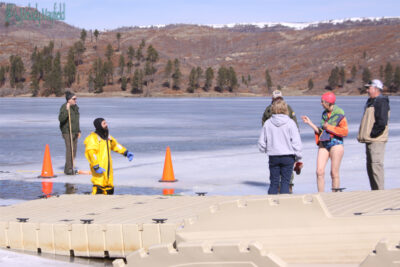By Bill Donati – The NM Public Regulation Commission met on Wednesday, July 13, and the first item on the agenda took nearly an hour and a half of debate and discussion before the Commission denied Raton Natural Gas (RNG) Company’s application seeking approval of their 2016 Energy Efficiency Programs Plan, 2016 Annual Report, and a Program Cost Rate Rider under the Efficient Use of Energy Act (EUEA).
After the meeting, Commissioner Patrick Lyons, the only one to vote for RNG approval, spoke out about the decision, saying, “Four PRC Commissioners went after a small utility in a small, rural town that needs help,” Commissioner Lyons stated. “Four Commissioners denied a common sense approach to help the residents of Raton hold down utility costs for the low-income households in the area.”
Compounding the confusion and frustration for RNG over the PRC actions, was the fact that that RNG was asking for no rate increase.
The question comes down to interpretation of, and degree of compliance with the regulations and whether or not small companies like RNG, that don’t have the customer base and resources of the larger companies, should be made to comply to the same levels as the large companies.
After hearing detailed evidence presented by PRC Staff, the Commission learned that Raton Natural Gas requested several variances that would allow the company to customize its complying with federal energy efficiency programs. David Link, President and General Manager explained to KRTN that RNG is trying to hold rates down, but the fact is that the cost of most all of the federally-mandated energy efficiency programs are passed along to the consumers across the nation. That means that other, larger utilities have a much broader customer base with which to absorb those costs, whereas RNG customers would be hit hard. An example of the David vs Goliath dilemma is a suggested idea from the PRC that included distributing low-flow shower heads to RNG customers with the hope it would eventually translate into reduced gas consumption. The program had positive results in the larger systems, however, after an exhaustive and expensive study it was deemed impractical for the Raton system for a variety of reasons, including the age and fragile condition of plumbing in many Raton houses, confusion over which utility was actually providing the service, lack of personnel training and liability were some of the major obstacles.
NM Gas Company has over 500,000 customers and has 10 paid staff members alone working on their EUEA programs. RNG agrees that some of the mandates and directives are good and they have been trying to find a way to comply without sending Raton customers’ bills skyrocketing. Past programs have included insulating/wrapping hot water tanks and RNG was proposing with this current energy efficiency plan, to start an educational program at the midschool level that they believe would help educate many individual households on energy efficiency.
PRC Commissioners were told that with just 3,000 customers, 88 percent of which are residential customers, Raton Natural Gas is – by far – the smallest natural gas provider in business in the state.
“Raton has lost 1,000 residents in the last decade,” Commissioner Lyons stated. “I had hoped that we could keep rates down for low-income residents who depend on natural gas for many things, including heating their homes.”
Commissioner Lyons’ proposal of giving the company 90 days to come up with a plan for addressing the issues raised for 2016 and to file for the 2017 programs simultaneously died for the lack of a second, with the remaining Commissioners voting to adopt the Recommended Decision. As a result, RNG will have 90 days or until October 13, to resubmit their 2016 Energy Efficiency Programs Plan.
David Link explained, “These programs were originally intended for the major players in the electric power industry and have been adapted to the natural gas industry in part due to excessive regulatory oversight and bureaucratic largess. We can all agree that energy conservation is not only important but essential for our energy independence as well as for providing an opportunity to save consumer dollars. The problems that confront a small utility like RNG are that there are not sufficient volumes of gas distributed in order to truly provide cost savings. This is due in part to the small consumer base and the large percentage of residential users as a ratio of the total gas usage. There is no industrial gas consumption in Raton to help lower the overall cost to the consumer. Raton has been losing population steadily since 1995. These losses translate to even less gas usage. Furthermore, with the cost of gas declining so drastically within the last two years there is less opportunity for cost savings. The final factor greatly impacting usage is the increasing average yearly temperatures experienced over the last ten years and the resultant ever decreasing snowfall.” Link went on to say, “There are organizations in our State that think that all “green” projects are worthwhile, regardless of consumer impact. Another negative aspect of this over-zealous regulatory oversight is the potential harm to the utility by spreading precious resources too thinly and distracting the available personnel from their intended purpose. This can result in potential harm to the employees and also to the general public.” Link went on to say, “the current legislation and the resultant NMPRC Rules are fine as written, if strictly adhered to, but that is not a political reality in the State of New Mexico. Once again, the over-zealous nature of bureaucrats comes into play. RNG prides itself in providing superior service while minimizing the cost to the consumer. We continue to have the lowest gas and service costs in our State. RNG to date has been forced to spending over $20,000 on these potential programs which cannot be collected. This equates to one half of an employee which we can now not afford to hire. The order which we just received from the Commission will force the expenditure of additional tens of thousands by the utility with no opportunity for recovery without increasing the cost to all consumers which is totally contrary to our stated purpose. This means that now we have lost the opportunity to hire an additional employee to provide service and safety functions.”





